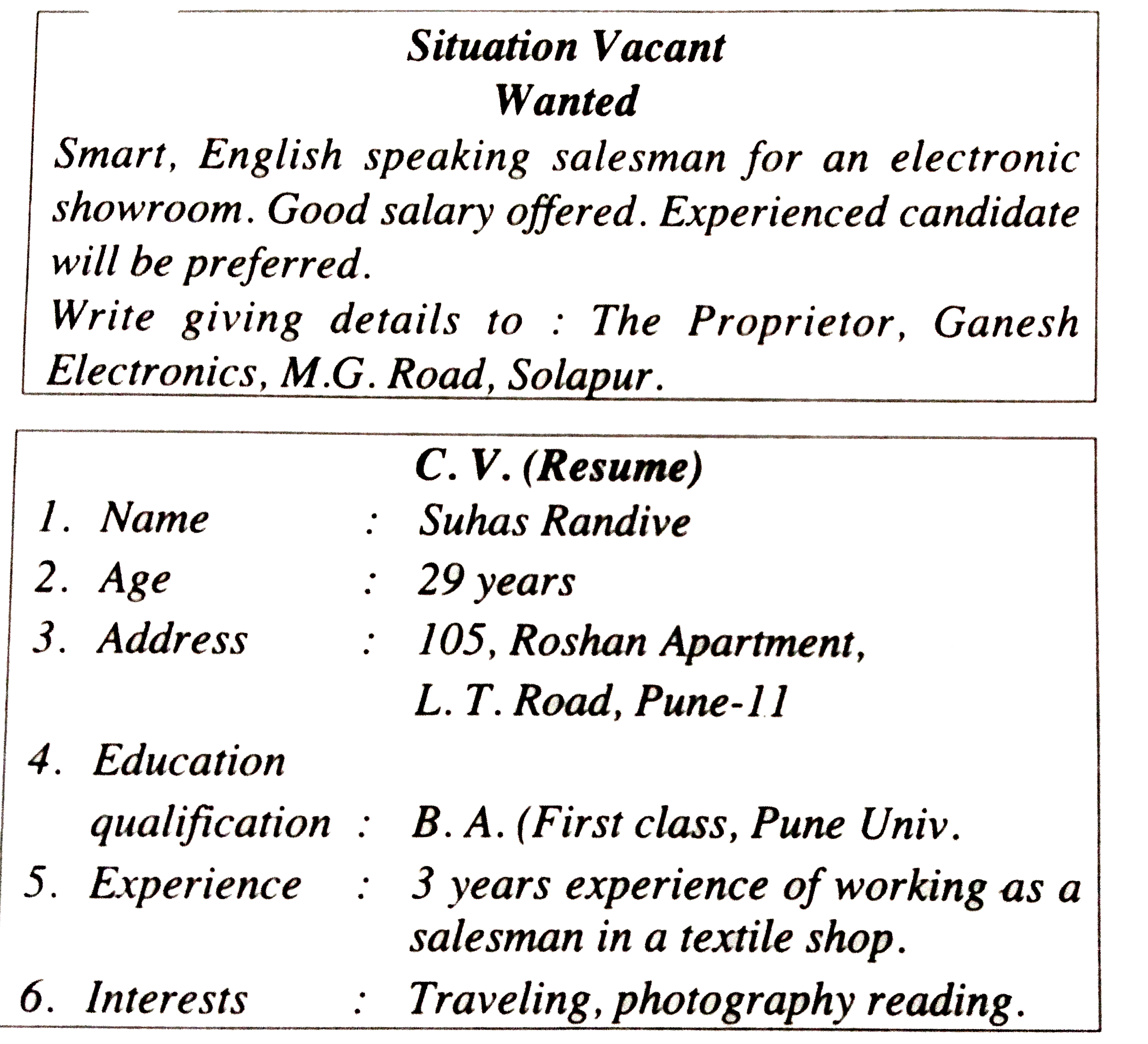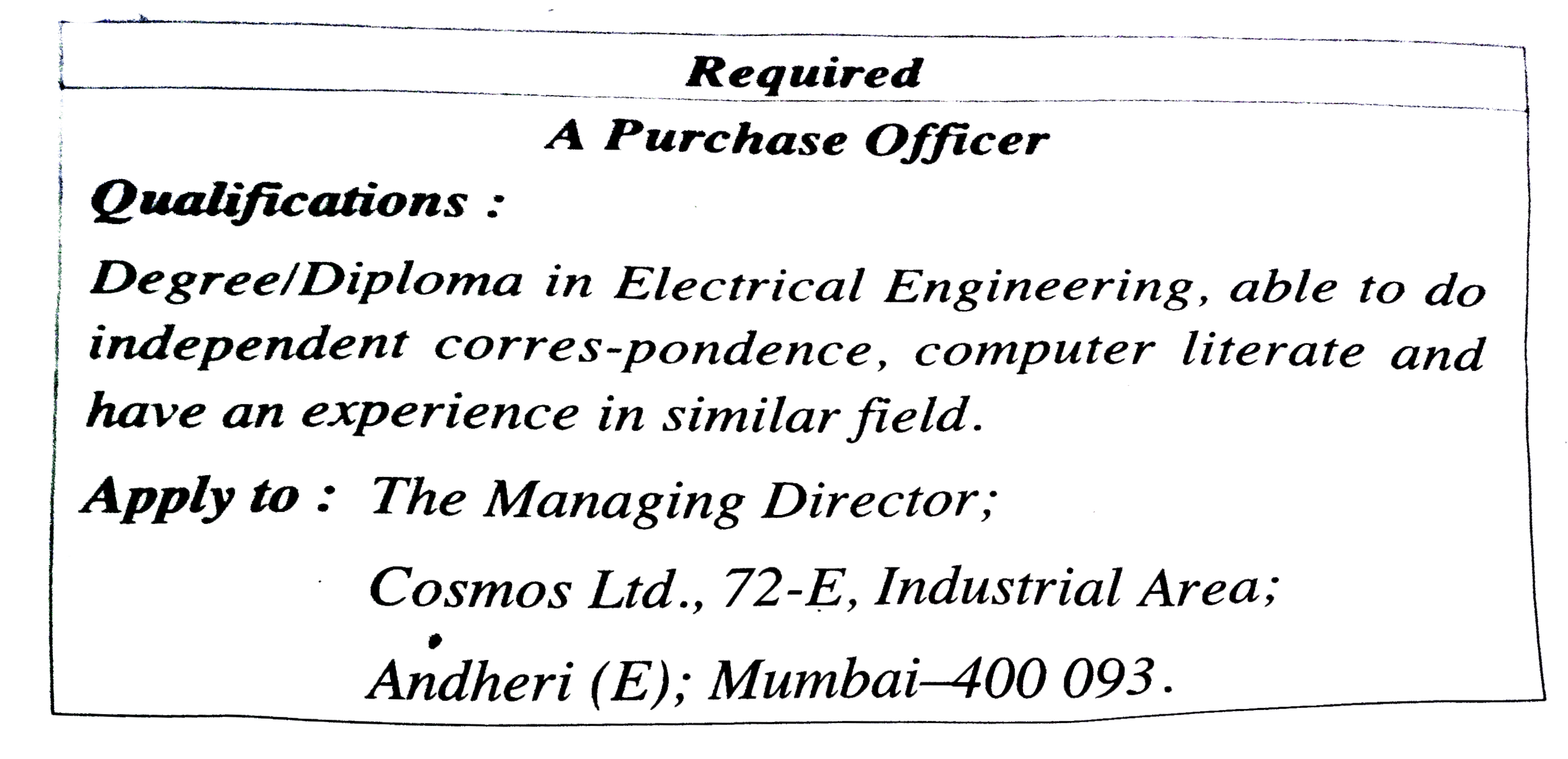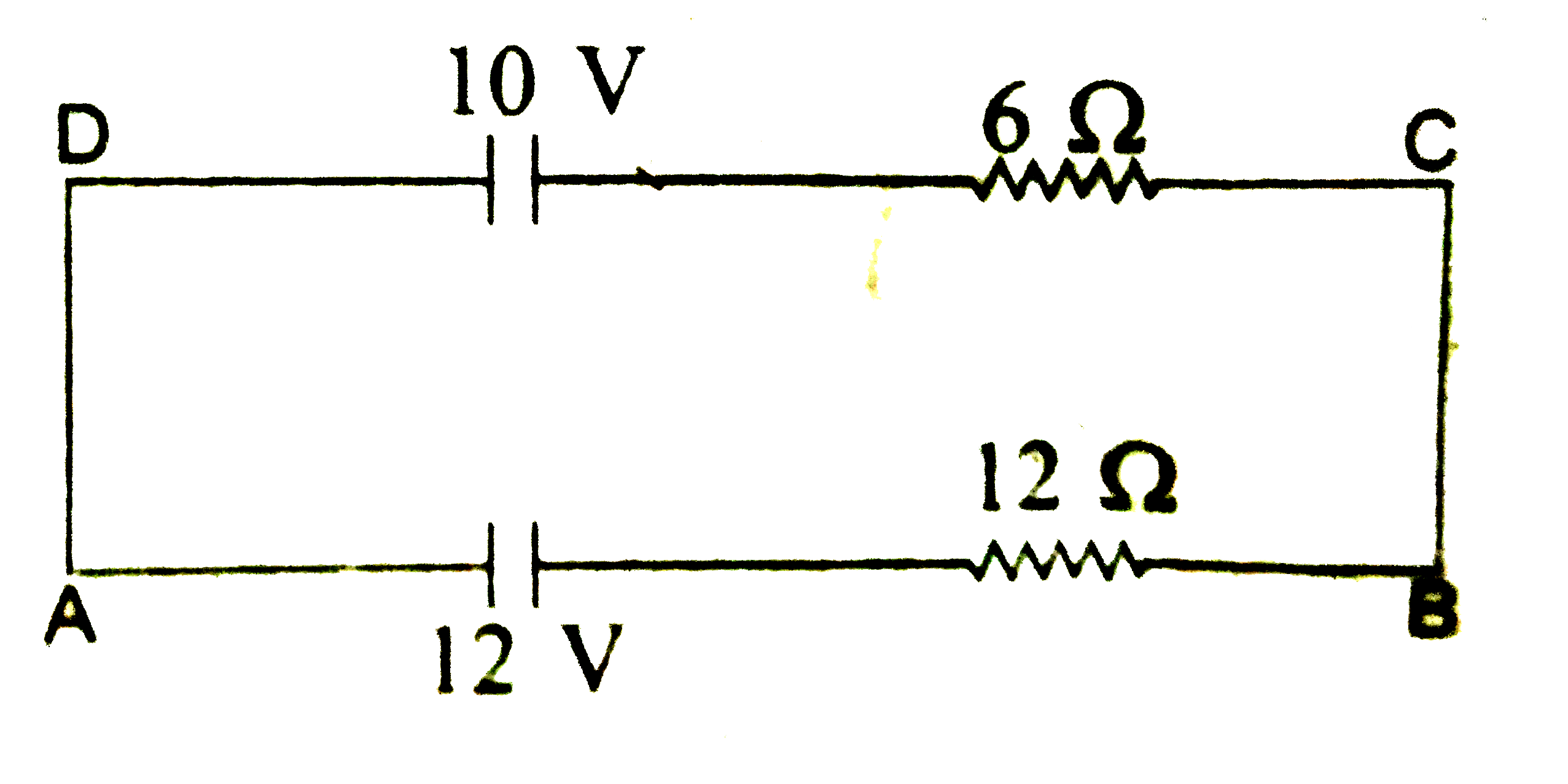There are some glimmers of hope. I met up young Navdeep Ahuja who along with another colleague began the innocuously named Graduates Welfare Association, Fazilka. They are bringing about change with the 'mandate of citizens' participation in governance and are facilitating the creation of physical and social infrastructure across 22 cities in Punjab . They have put in place a network of cycle rickshaws called Eco-cabs which can be booked through a mobile phone. They are also developing car free zones, food and culture streets in these cities. All this is being done very efficiently and at a low cost. We need many such organizations.
However , my ideal of a city in 2009 is not a uptopian dream. It is achievable . It has streets where people walk on wide footpaths shaded by leafy tress. Streets are usually one third of a city's area and its most democratic segment . Public space dedicated to pedestrains reduces inequality are should be accorded priority when developing cities.
Adjoining the streets should be cycle lanes where bicycles and rickshaws can sail past smoothly. It'll have a great public transport system with buses , metros and taxis . Parking will be difficult and expensive so people will use public transport rather than cars . There will be parks and gardens and the air will be clean , as pollution levels will have dropped dramatically.
And then cities will become areas of graceful living and a charmed way of life .
What will happen parking becomes difficult and expensive ?
When parking will become difficult, people will use public transport rather than cars. Hence , parks and gardens will be clean and pollution level will be dropped dramatically.
Topper's Solved these Questions
- FEBRUARY 2017BOOK - GURUKUL PUBLICATION - MAHARASHTRA PREVIOUS YEAR PAPERSCHAPTER - FEBRUARY 2017EXERCISE - SET C SECTION -B (Poetry)
7 Videos
- FEBRUARY 2017BOOK - GURUKUL PUBLICATION - MAHARASHTRA PREVIOUS YEAR PAPERSCHAPTER - FEBRUARY 2017EXERCISE - SET C SECTION -C (Rapid Reading and Composition)
2 Videos
- FEBRUARY 2017BOOK - GURUKUL PUBLICATION - MAHARASHTRA PREVIOUS YEAR PAPERSCHAPTER - FEBRUARY 2017EXERCISE - SET B SECTION -C (Rapid Reading and Composition)
3 Videos
- FEBRUARY 2016BOOK - GURUKUL PUBLICATION - MAHARASHTRA PREVIOUS YEAR PAPERSCHAPTER - FEBRUARY 2016EXERCISE - SECTION-D
8 Videos
- FEBRUARY 2018 BOOK - GURUKUL PUBLICATION - MAHARASHTRA PREVIOUS YEAR PAPERSCHAPTER - FEBRUARY 2018 EXERCISE - Section-D
8 Videos
Similar Questions
I ran into a stranger as he passed by "Oh, excuse me please " was my reply. He said , "Please excuse me too, wasn't even watching for you." We were very polite , this stranger and I. We went on our way and we said good-bye,. But at home a different story is told , How we treat our loved ones , young and old. Later that day, cooking the evening meal, My daughter stood beside me very still. When I truned , I nearly knocked her down. "Move out of the way,"I said with a frown. She walked away, her little heart broken. I didn't realize how harshly I'd spoken.
How does the poetess great the stranger ?
View Solution[You may begin with : I was happy .........]
The little daisy was a happy as if the day had been a great holiday, but it was only Monday . All the children were at school , and while they were sitting on the forms and learning their lessons , it sat on its thin green stalk and learnt from the sun and from its surroundings how kind God is , and it rejoiced that the song of the little lark expressed so sweetly and distinctly its own feelings. With a sort of reverene the daisy looked up to the bird that could fly and sing , but it did not feel envious. " I can see and hear." it though , "the sun shines upon me , and the forest kisses me. How rich I am ! "
In the garden close by grew many large and magnificent flowers, and strange to say , the less fragrance they had the haughtier and proder they were. They peonies puffed themselves up in order to be larger than the roses , but size is not everything ! The tulips had the finest colours , and they knew it well , too , for they were standing bolt upright like candles , that one might see them the better . In their pride they did not see the little daisy , which looked over to them and thought , "How rich and beautiful they are ! I am sure the pretty bird will fly down and call upon them . Thank God, that I stand so near and can at least see all the splendour. "
View Solution[You may begin with : My mother hopes that I am preparing ......]
"I hope you're preparing for your exams," she wrote back"After all , there's not much we can do about a skeleton that's been hidden aways for ten or fifteen years. Anyway , there were two newspapers in the cupboard. The Daily Chronicle, published from Delhi on January 18, 1930 , is complete. That was four years before you were born. The main headline refers to the 'Bareilly Train Diaster ' in which thirteen passengers were killed nad ninteen seriously injured. There are also two pages of book reviews , including a review of 'The Glenlitten Murder' by E. Phillips Oppenheim. I think you have read some of his books. Books on the Riviera.
"The other book is about the spirit world, and the possibility of communicating with those who have passed from his material world. Perhaps we can summon up the spirit of the person who inhabited the skelton ? She could tell us how she met her end. Old Miss Kellner holds seances and table - rappings . But how would she summon up a spirit if the doesn't know who it was in the first place ?
" The second newspape- incomplete - is the Civil and Military Gazette of March 2, 1930. This was published from Lahore and as you know, Mr. Kipling worked on it a few years earlier. The front page is missing , but page 5 carries an ad for a film called 'The Awakening of Love' starring Vilma Banky . Vlima was a popular heroine when I was a small girl. Nothing much else of interest expect for a small item under the headline 'Elder Murder Sequel'."
View SolutionWrite an application in response to the following advertisement using information given in the CV provided:

View SolutionWrite a letter of application in response to the following advertisement with the help of the given C.V. (Resume) :

C.V. (Resume)
Name : Aruna Anil Shinde
Address : B1-104, Rose Parade, S.B. Road, Nagpur.
Educational Qualifications :

Other Qualifications : Successfully completed Computer Diploma from NIIT, Nagpur-2014
Work Experience : Worked as the Purchase Officer in Login Private Ltd., Nagpur.
Interest/Hobbies : Reading, music, swimming, chass.
Languages Known : English, Marathi, Hindi, Gujarati.
View Solutiond-ब्लॉक तत्व किन तत्वों को कहते हैं? ये आवर्त सारणी में किस वर्ग में स्थित हैं? इनके प्रमुख लक्षण बताइए।
View Solutionसवणारंक किसे कहते है? जिलेटिन व् गोंद के सवणारंक क्रमश: 0.005 व् 0.10 है! इन रक्षी कोलाइडो में किसकी रक्षी क्षमता अधिक है, समझाइए!
View Solutionनिम्न का कारण स्पष्ट कीजिए - (क) जलोद्भिद में वायु अवकाश अत्यधिक विकसित होते है ,(ख) मध्योद्भिद पौधों को नमक के जल में रखने पर वे मर जाते है |
View Solutionकिन्ही दो संयोजक कड़ी वाले जन्तुओ के नाम तथा वे किस संघ से संबंधित कड़ी है, बताइए!
View Solutionदिए गये विघुत परिपथ की सहायता से ज्ञात कीजिए
- (i) परिपथ में धारा , तथा
(ii) बिन्दु A तथा B के बीच विभवान्तर ।

View Solutionकिसी स्थान पर पृथ्वी के चुम्बकीय क्षेत्र के क्षैतिज तथा ऊर्ध्वाधर घटक बराबर है | उस स्थान पर नति कोण का मान होगा -
View Solutionकिसी स्थान पर पृथ्वी के चुम्बकीय क्षेत्र के क्षैतिज तथा ऊर्ध्वाधर घटक बराबर है | उस स्थान पर नति कोण क्या होगा ?
View SolutionL स्वप्रेरण गुणांक का प्रेरक तथा R प्रतिरोध वाले बल्ब को प्रत्यावर्ती धारा स्त्रोत के साथ श्रेणीक्रम में जोड़ा जाता हैं परिपथ की प्रतिबाधा का सूत्र लिखिए । बल्ब की चमक पर क्या पड़ेगा , यदि -
(i ) प्रेरक में फेरो की संख्या घटा दी जाये ?
(ii ) लोहे की छड़ प्रेरक कुण्डली में प्रवेश कराई जाये ?
View Solutionएक प्रत्यावर्ती धारा परिपथ में 8 ओम का प्रतिरोध तथा 6 ओम प्रतिघात का प्रेरकत्व श्रेणीक्रम में लगे है । परिपथ की प्रतिबाधा होगी-
View Solutionअ के एक लाटरी में तीन शेयर हैं जिनमें 3 इनाम हैं तथा 6 रिक्त हैं। ब का एक लाटरी में 1 शेयर है जिसमें 1 इनाम तथा 2 रिक्त हैं। दिखाइये कि अ के जीतने की प्रायिकता का ब के जीतने की प्रायिकता से अनुपात 16 : 7 है।
View SolutionA तथा B धातु युक्त द्विअंगी मिश्रधातु के इकाई सेल की ccp संरचना है जिसमे A परमाणु कोनो पर तथा B परमाणु घन के प्रत्येक फलक के केंद्र पर स्थित होते है । यदि इस मिश्रधातु के क्रिस्टलीकृत के दौरान, इकाई सेल में दो A परमाणु लुप्त हो जाते हैं, तब प्रति इकाई सेल का पूर्ण संघटन होगा :
View Solution
